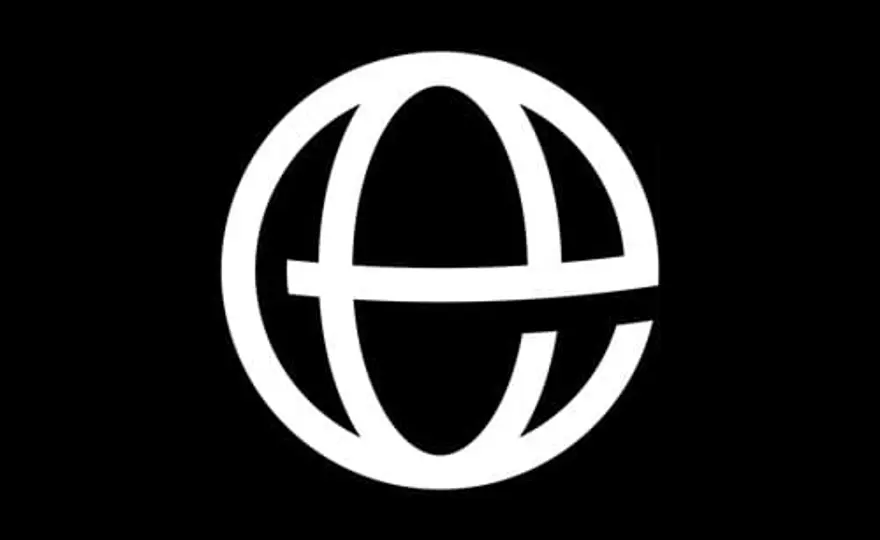ClientEarth Communications
31st October 2017


In this Opinion, Advocate General Sharpston provides several interesting insights into the relationship between Article 9(2) and (3) of the Aarhus Convention, and in particular the extent to which Article 9(3) can be relied on by environmental NGOs to participate in administrative procedures and challenge their outcome.
She finds that environmental NGOs must have access to court to challenge a competent authority's acts adopted in a procedure pursuant to laws implementing the Water Framework Directive, and have the opportunity to participate in the administrative procedure at an early stage. Analysis by Maximillian Kemp.
The case concerned an application for a permit to abstract water from a river for the purposes of producing snow for a ski resort.
The application was examined under an administrative procedure pursuant to Austrian legislation (“the WRG 1959”), which transposes the Water Framework Directive (“the Directive”). In the course of this procedure, an environmental NGO (“Protect”), submitted objections to the permit, but these were rejected on the ground that Protect had not claimed any infringement of rights under the WRG 1959, and could not therefore be a party to the proceedings under national rules.
Protect’s challenge to this decision was then rejected because the objections in question had not been made at the right point in the administrative proceedings, which resulted in a loss of party status.
The referring court therefore asked (1) whether Article 4 of the Directive, or the Directive as a whole, read together with Article 9(3) of the Convention, could confer standing on environmental NGOs to challenge administrative decisions.
If yes, it asked whether (2) is it necessary under the Convention to be able to assert those rights at the administrative authority stage, or is it enough to have standing to challenge the authority's decision; (3) is it permissible for national procedural law to require NGOs to submit their objections "in good time" in the course of the administrative proceedings, the failure to do so resulting in the loss of party status and the right to appeal?
On the matter of standing, Sharpston refers to cases such as Brown Bears II (C-243/15) or Janacek (C-237/07), in which the Court found that, in the interest of preventing breaches of EU environmental law, members of the public should be able to rely on the mandatory provisions of directives – such as Article 4 of the Directive – before national courts.
Insisting upon the special role played by environmental NGOs in defending the environment in the public interest, she further considered that Article 9(3) of the Convention and Article 47 of the Charter of Fundamental Rights precluded Member States from imposing criteria which would prevent them from being able to challenge measures adopted pursuant to laws implementing the Directive.
Interestingly, she also considered that this reasoning should apply broadly, wherever “EU environmental directives lay down obligations on the Member States” and environmental NGOs argue that “there has been infringement of those obligations”.
Sharpston then answered the second question by concluding that procedural rights for environmental NGOs to participate in the administrative procedure at an early stage flowed directly from the Directive.
Indeed, the contrary conclusion would have rendered meaningless the Directive’s requirement that Member States should “encourage the active involvement of all interested parties in the implementation of [that] directive” (Article 14).
It is noteworthy that the AG seems to conclude that participatory rights flow from the Directive itself, regardless of the particularities of a given legal system.
Indeed, it would have been possible to limit the rationale on this matter to the provisions of Austrian law at issue, given that the possibility to appeal was inextricably linked with the status as a party to the administrative proceedings, and participatory rights were therefore necessary in order to obtain access to justice.
Finally, addressing the referring court’s third question, Sharpston made clear that one cannot expect NGOs to raise objections and then have them lose party status for failing to raise these "in good time", where the national law appears to prevent them from ever obtaining party status.
This would not meet the criteria of fairness and equity in Article 9(4) of the Convention. If, however, NGOs could have been reasonably expected, based on fair and equitable procedural rules, to submit objections in a timely manner, then such a requirement may be permissible.
Should the Court decide to follow AG Sharpston’s broad teleological approach to the questions raised by this case, which, as pointed out by the AG herself, it has demonstrated willingness to do in cases such as Brown Bears II, this would be another big step in the right direction for access to justice at national level.
In particular, the broad principle outlined by Sharpston regarding access to court for environmental organisations to challenge infringements of EU directives that lay down binding obligations on the Member States could greatly facilitate the effectiveness of EU environmental law. It is only regrettable the EU does not apply such principles to allow NGOs and member of the public access to its own courts.
This project is supported by the European Commission's LIFE programme.
Access to Justice is a fundamental means through which citizens and NGOs can support the implementation and enforcement of laws and policies to protect the environment. The goal of this ATOJ-EARL project is to achieve “Access to Justice for a Greener Europe”. It strives to enhance access to justice in environmental matters by providing information, training and support for the judiciary, public authorities and lawyers of eight European member states. ClientEarth and Justice and Environment are implementing this project with the financial support of the European Commission’s LIFE instrument.
